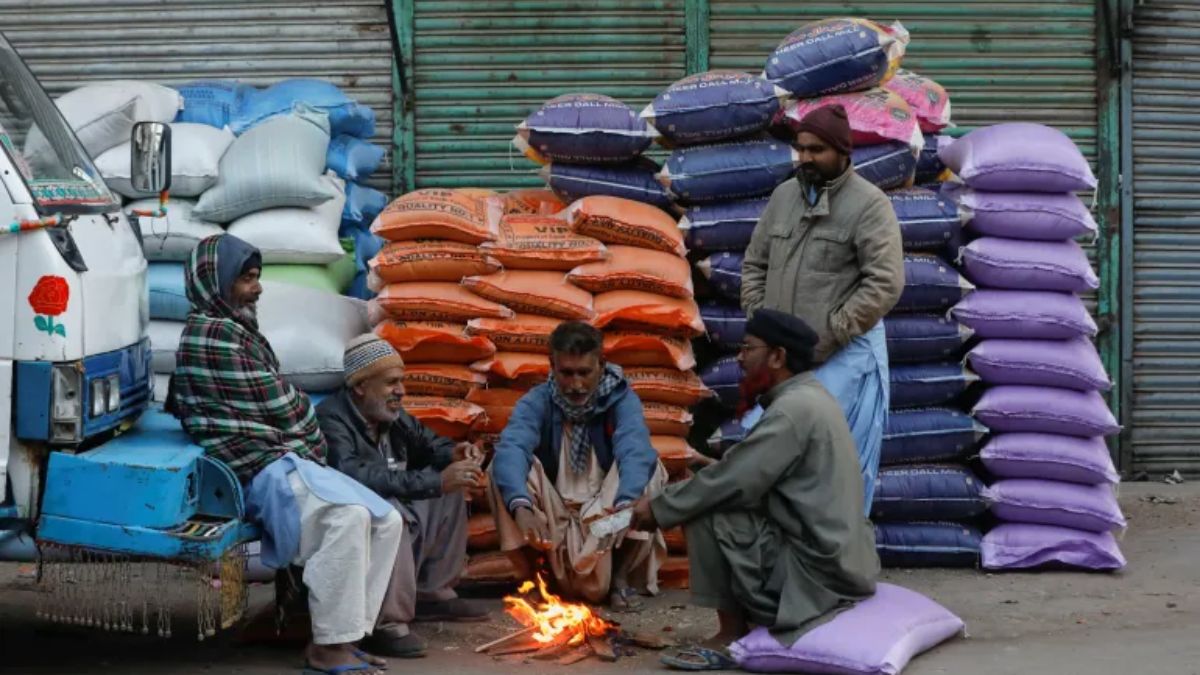Cash-strapped Pakistan has blamed the International Monetary Fund (IMF) for record inflation and loss of purchasing power in recent years.
Earlier this year, Pakistan secured a $7 billion bailout from the IMF for the 24th time to stay afloat. Now, the Shehbaz Sharif government has blamed the conditions with IMF’s loan for the hardships faced by the people.
Pakistani Finance Minister Muhammad Aurangzeb said on Wednesday (December 11) that the country recoded 840 per cent increase in gas prices, 110 per cent rise in electricity rates, and 43 per cent currency depreciation under the IMF programme which contributed significantly to the unprecedented inflation that has eroded the purchasing power and plunged living standards in the country, according to Dawn.
Aurangzeb said that “the unprecedented increase in the price of these items ultimately jacked up the overall inflation in FY2024”.
Under the terms of the bailout package, Pakistan had to take several unpopular decisions, such as the abolition of 15,000 government jobs and six ministries, hiking income tax, and slashing subsidies, among other steps.
Aurangzeb said that inflation measured by the consumer price index (CPI) stood at 8.9 per cent and 12.2 per cent in financial year 2021 (FY21) and FY22 respectively and the increase more than doubled to 29.2 per cent in FY23 before declining to 23.4 per cent in FY24, according to Dawn.
It was only this year that inflation began to fall in Pakistan, with Aurangzeb noting that the inflation in the July-November period fell to 7.9 per cent.
Impact Shorts
More ShortsLast month, Pakistan’s inflation rate fell to at 6.9 per cent, the lowest in more than three years, according to Express Tribune.
Aurangzeb went to share the increase of prices, which contributed to hardships of Pakistanis.
Aurangzeb said that sugar prices increased by 54 per cent between July 2019 and June 2024, as per Dawn.
Similarly, palm oil prices increased by 61 per cent, soya bean oil prices by 35 per cent, wheat prices by 35 per cent, and crude oil prices by 29 per cent during the same period, said Aurangzeb.
The agricultural sector was also badly hit because of massive floods in 2022 which ravaged farmlands across the country, said Aurangzen.
Around 4.5 million acres of crops were damaged and around 1 million animals were lost, with damages amounting to around $30.13 billion, of which agriculture suffered $12.9 billion, said Aurangzeb.
)